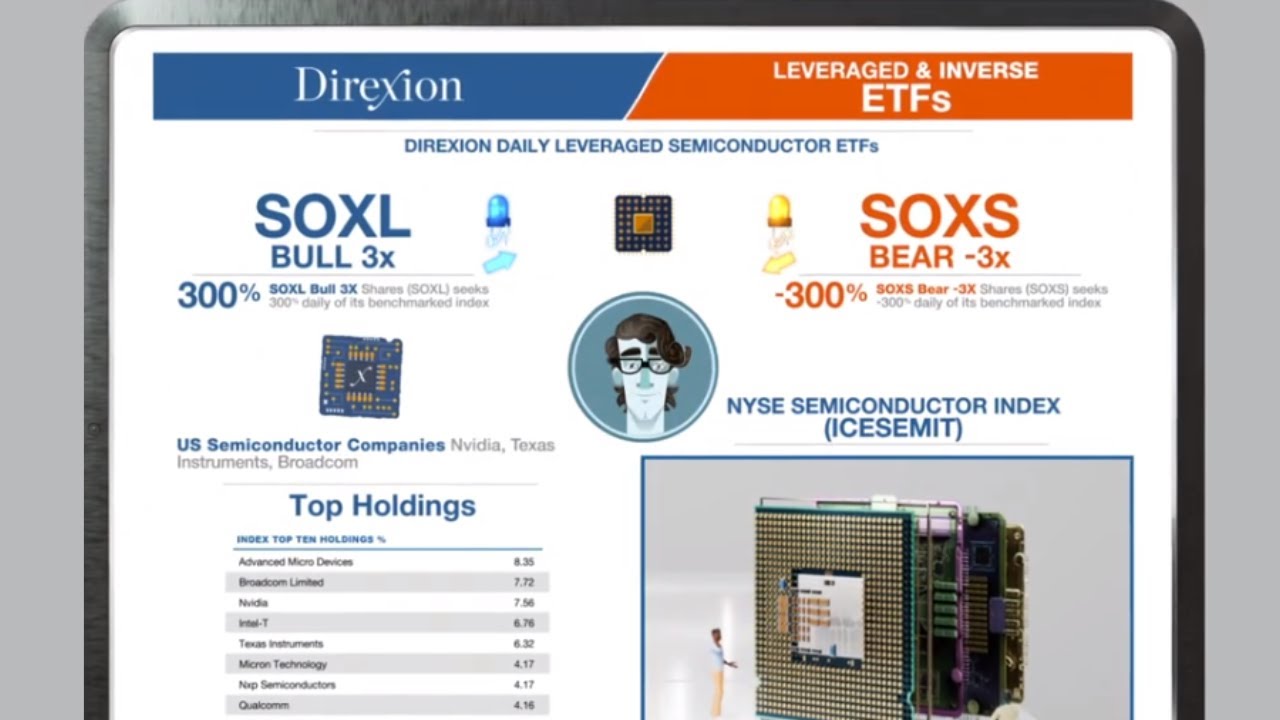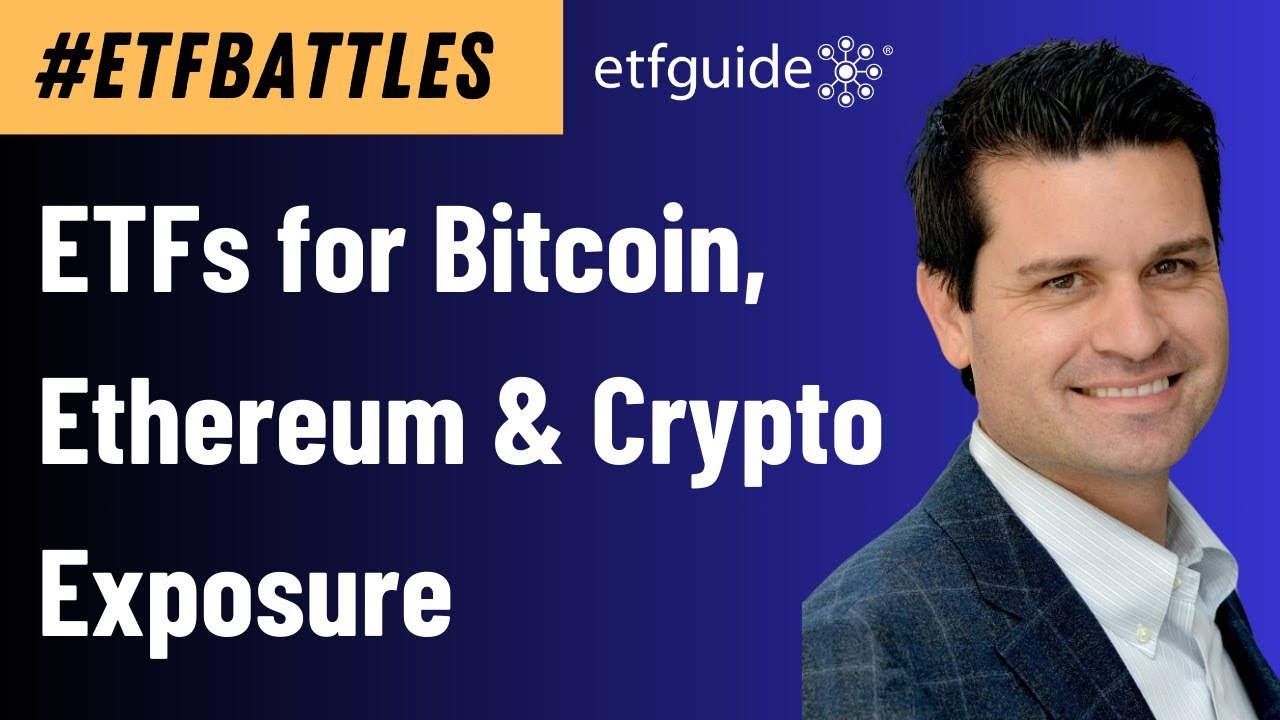One-trick investment portfolios are everywhere. Do you have one?
What is a one-trick pony portfolio? It’s the kind of investment mix that is over-weighted or concentrated in one stock, one asset, or just one asset class. This is a common condition with company founders who have the bulk of their net worth tied up in the business or company stock. But one trick portfolios aren’t limited to entrepreneurial founders.
(Audio) Listen to Ron DeLegge @ The Index Investing Show
I recently did a Portfolio Report Card for a a successful 47-year old business man named Chris with a $512,000 portfolio. It wasn’t a very difficult portfolio to analyze or grade because all of his money is in the Franklin Income Fund A (Nasdaq:FKINX).
Needless to say, the portfolio flunked on diversification. Chris didn’t realize it, but FKINX misses exposure to major asset classes like commodities (NYSEARCA:DBC), real estate (NYSEARCA:VNQI), and cash. He thought FKINX is an all-in-one fund, but it’s not.
Diversification is a grading factor for the Portfolio Report Card, but there’s four other categories too. How does Chris’ one-trick pony do in the other areas?
Chris, like too many income investors, are focused on the wrong ball. In an email to me, he said, “I use FKINX’s dividend as income and that’s all I care about.” He’s so fixated on his monthly payments, he sees nothing else.
On the surface, many observers would quickly point out that FKINX carries a 30-day SEC yield of 3.45% – which is higher than the S&P 500’s yield (NYSEARCA:IVV). But that’s only part of the story. Look at how much of that income or dividend is being devoured by FKINX’s expenses.
The fund’s annual expense ratio is 0.62%. From another angle, FKINX consumes almost 20% of its yield, which is clearly above what a prudent investor should be sharing with fund managers. Also, FKINX has an inhospitable load of 2.25% (breakpoints for Chris’ $512k account) which is a very high entry fee.
Remember: All well built portfolios deliberately minimize investment cost and are adequately diversified. You can watch me give Chris’ final Portfolio Report Card grade in my weekly video episodes.
In the end, a portfolio strategy that relies completely on the very difficult long-term challenge of a single fund manager or company to outperform the market isn’t very smart. It’s the kind of bet Chris one-trick pony might win, but the odds are stacked against him.
Ron DeLegge has analyzed and graded $21 million in portfolios and his Portfolio Report Card challenge stands: If your investment portfolio scores an “A”, you’ll get paid $100. Ron grades family trust accounts, 401(k) rollovers, 457 plans, 403(b), UGMA accounts, and anything posing as an “investment.”
Follow us on Twitter @ ETFguide



